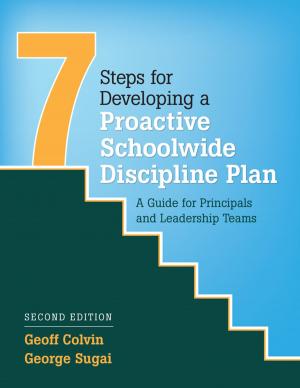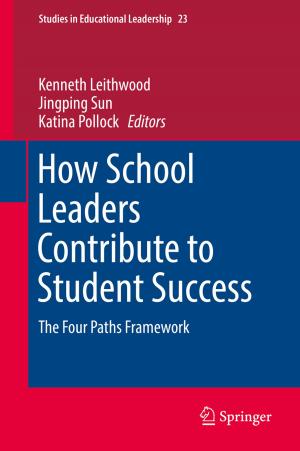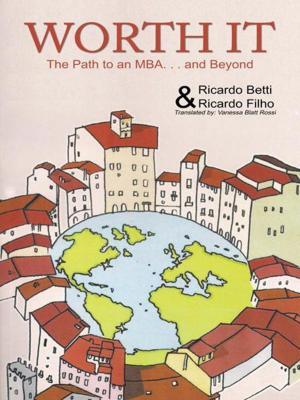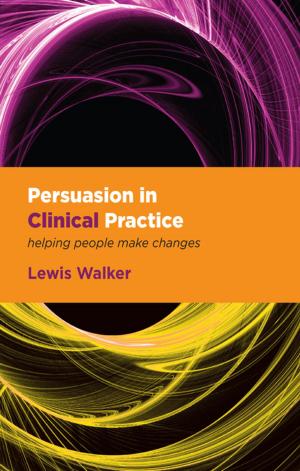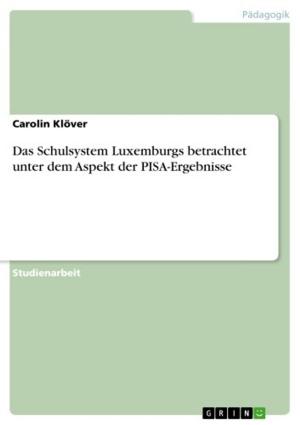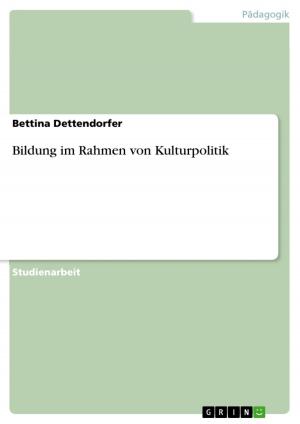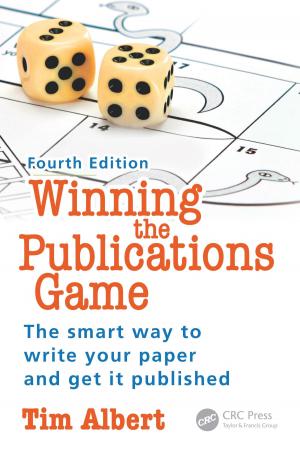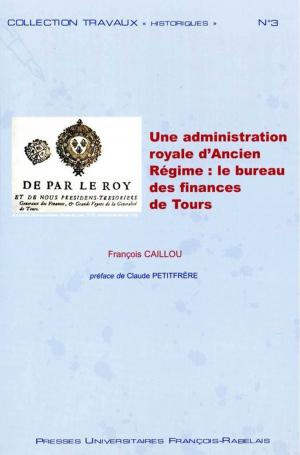Anarchy and Elegance
Confessions of a Journalist at Yale Law School
Nonfiction, Reference & Language, Law, Legal Education, Language Arts, Journalism, Education & Teaching, Administration| Author: | Chris Goodrich | ISBN: | 9781625360793 |
| Publisher: | Gimlet Eye Books | Publication: | November 22, 2013 |
| Imprint: | Gimlet Eye Books | Language: | English |
| Author: | Chris Goodrich |
| ISBN: | 9781625360793 |
| Publisher: | Gimlet Eye Books |
| Publication: | November 22, 2013 |
| Imprint: | Gimlet Eye Books |
| Language: | English |
In Anarchy and Elegance Chris Goodrich deconstructs the inner workings of legal education at the nation’s most prestigious law school. A former legal reporter, Goodrich – a Yale graduate – attended the law school on a year-long fellowship for journalists, and soon found himself in a mare’s nest of conflicting ideas, emotions, and social visions. His class-by-class account, which showed exactly how law students learn to “think like lawyers,” highlights the tension between the often-elegant abstractions of law and the messy, anarchic specifics of “real life.” (Edmund Burke’s alleged view: “Law sharpens the mind by narrowing it.”) His initial skepticism about the law’s tendency to operate in a self-referential, we-know-best manner is slowly tempered by admiration for its rigorous methods and theoretical good-faith, and results in a book that proves as entertaining as it is informative. Anarchy and Elegance has been called: “[T]he most creative book on law school in recent memory” (John Jay Osborne, author of The Paper Chase) “A perceptive and insightful inside look at one of America’s most influential institutions” (Charles A. Reich, former Yale Law professor and author of The Greening of America) “[A] vivid, amusing and thought-provoking description of what it feels like on the [legal] battlefield” (Robert Heilbroner, author of The Wordly Philosophers) “[Essential, cautionary reading for budding lawyers” (Publishers Weekly). “[A] masterful contribution of the literature of reportage” (Magill Book Review) “[A] bull’s eye” (The Jerusalem Post).
In Anarchy and Elegance Chris Goodrich deconstructs the inner workings of legal education at the nation’s most prestigious law school. A former legal reporter, Goodrich – a Yale graduate – attended the law school on a year-long fellowship for journalists, and soon found himself in a mare’s nest of conflicting ideas, emotions, and social visions. His class-by-class account, which showed exactly how law students learn to “think like lawyers,” highlights the tension between the often-elegant abstractions of law and the messy, anarchic specifics of “real life.” (Edmund Burke’s alleged view: “Law sharpens the mind by narrowing it.”) His initial skepticism about the law’s tendency to operate in a self-referential, we-know-best manner is slowly tempered by admiration for its rigorous methods and theoretical good-faith, and results in a book that proves as entertaining as it is informative. Anarchy and Elegance has been called: “[T]he most creative book on law school in recent memory” (John Jay Osborne, author of The Paper Chase) “A perceptive and insightful inside look at one of America’s most influential institutions” (Charles A. Reich, former Yale Law professor and author of The Greening of America) “[A] vivid, amusing and thought-provoking description of what it feels like on the [legal] battlefield” (Robert Heilbroner, author of The Wordly Philosophers) “[Essential, cautionary reading for budding lawyers” (Publishers Weekly). “[A] masterful contribution of the literature of reportage” (Magill Book Review) “[A] bull’s eye” (The Jerusalem Post).


